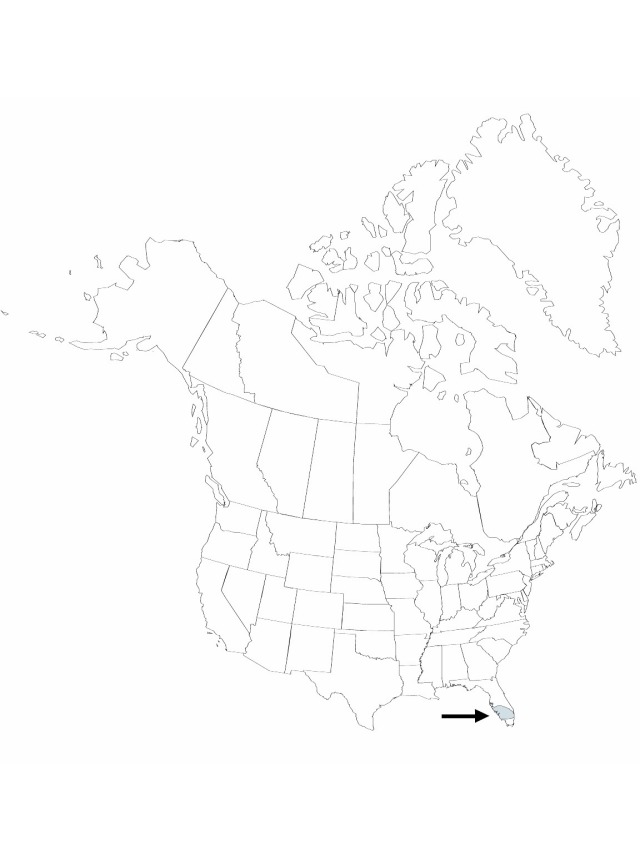Difference between revisions of "Commelina diffusa var. gigas"
Annals of the Missouri Botanical Garden 80: 213. 1993.
FNA>Volume Importer |
FNA>Volume Importer |
||
| Line 9: | Line 9: | ||
|basionyms={{Treatment/ID/Basionym | |basionyms={{Treatment/ID/Basionym | ||
|name=Commelina gigas | |name=Commelina gigas | ||
| − | |authority= | + | |authority= |
| + | |rank=species | ||
|publication_title=Man. S.E. Fl., | |publication_title=Man. S.E. Fl., | ||
|publication_place=264. 1933 | |publication_place=264. 1933 | ||
| Line 39: | Line 40: | ||
-->{{#Taxon: | -->{{#Taxon: | ||
name=Commelina diffusa var. gigas | name=Commelina diffusa var. gigas | ||
| − | |||
|authority=(Small) Faden | |authority=(Small) Faden | ||
|rank=variety | |rank=variety | ||
| Line 54: | Line 54: | ||
|publication year=1993 | |publication year=1993 | ||
|special status= | |special status= | ||
| − | |source xml=https://jpend@bitbucket.org/aafc-mbb/fna-data-curation.git/src/ | + | |source xml=https://jpend@bitbucket.org/aafc-mbb/fna-data-curation.git/src/f50eec43f223ca0e34566be0b046453a0960e173/coarse_grained_fna_xml/V22/V22_406.xml |
|genus=Commelina | |genus=Commelina | ||
|species=Commelina diffusa | |species=Commelina diffusa | ||
Revision as of 19:58, 16 December 2019
Herbs, perennial, robust, spreading, sometimes scrambling in shrubs. Leaves: blade narrowly lanceolate to lanceolate-elliptic, 6–14 × 1–3.3 cm, apex acuminate. Inflorescences: distal cyme usually exserted, 1–3-flowered; proximal cyme 2–5-flowered; spathes pedunculate, falcate, 2.3–4 × 0.5–1.1 cm, apex acuminate; peduncles 1–2(–4) cm. Flowers blue; medial stamen anther connective without dark band. Capsules 3-locular, 2-valved. Seeds typically only 1–2 developing, dark brown, 2.1–2.8 mm, deeply reticulate. 2n = 90.
Phenology: Flowering spring–fall (perhaps all year round).
Habitat: Hammocks, streamsides, ditches, cypress swamps, wet woods, and lake shores
Discussion
Commelina diffusa is a very variable species throughout its vast range. I have not been able to match C. diffusa var. gigas with specific herbarium specimens from elsewhere. It probably arrived as an introduction instead of arising from diploid C. diffusa through in situ autopolyploidy.
